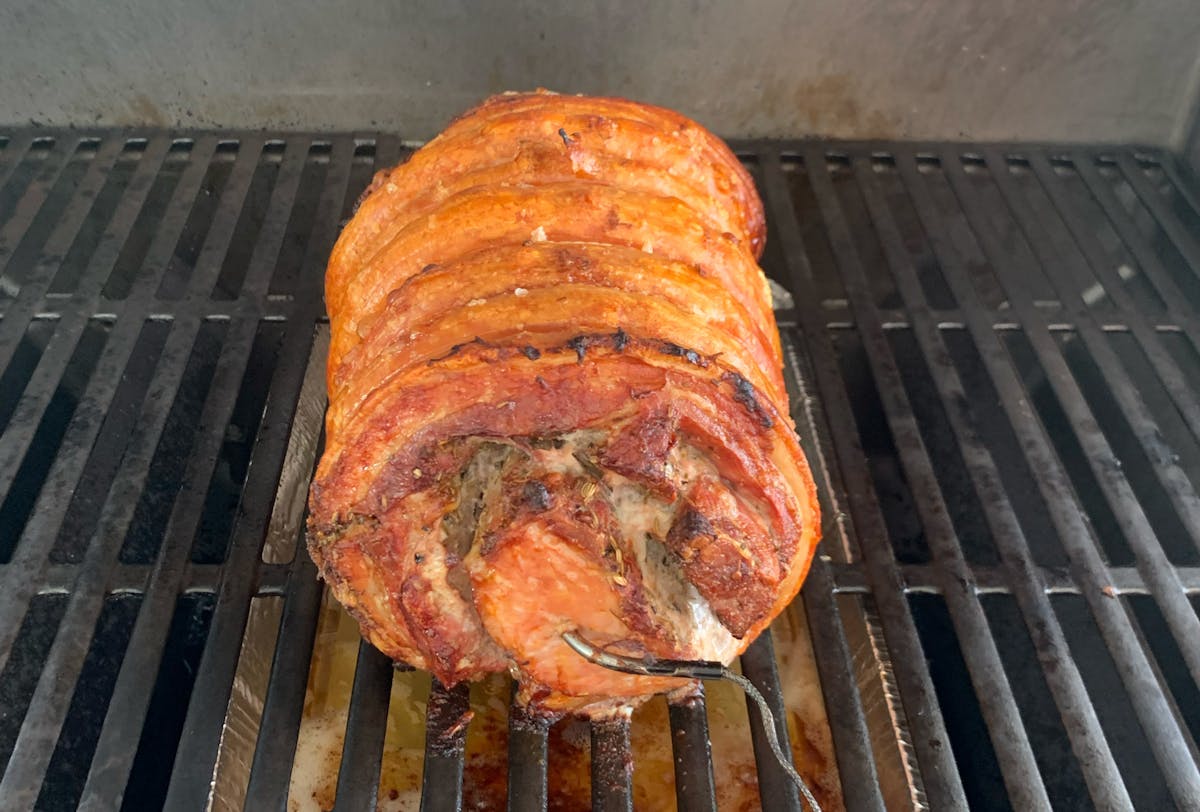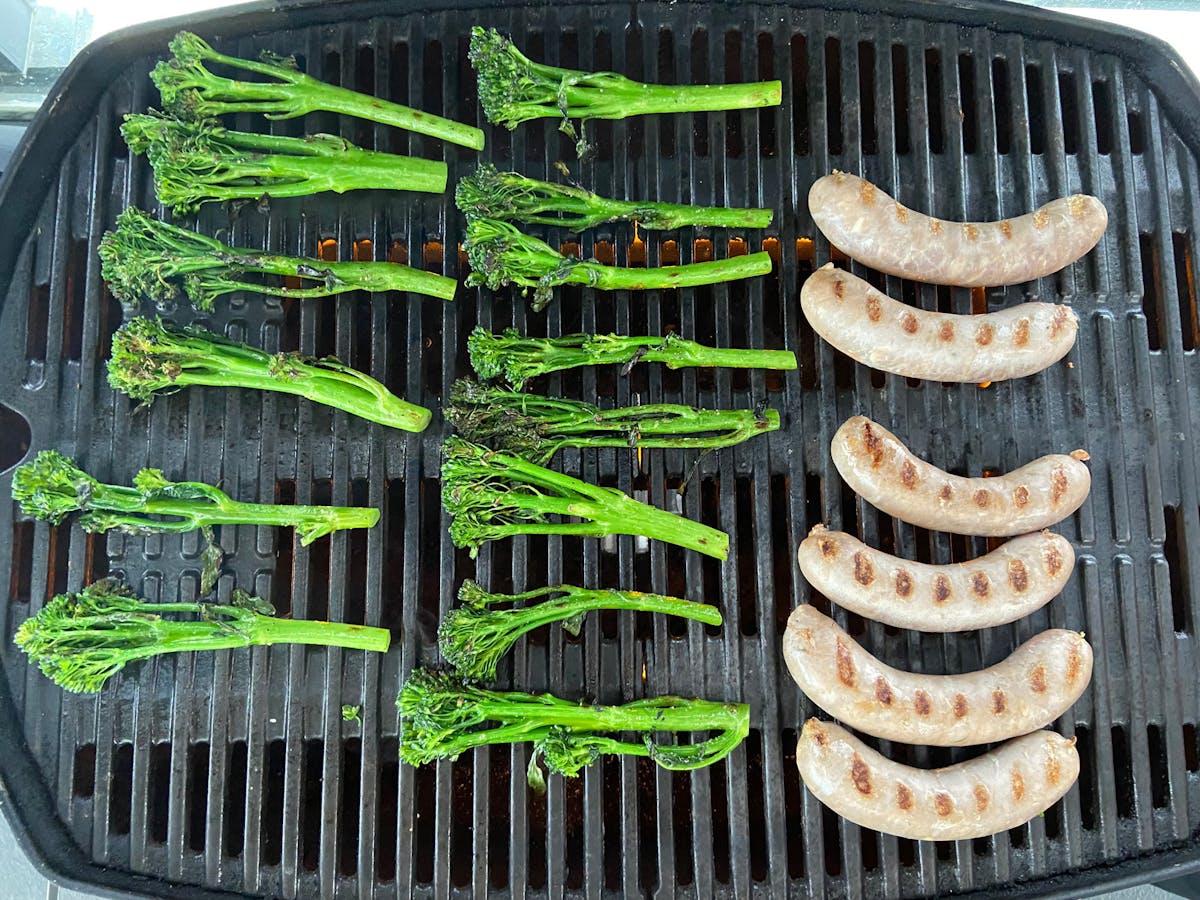EASTER GETAWAY BUNDLES - SHOP NOW
From our Weber Grill Academy Grill Experts
Christmas Catering Top Tips #2
Grill Expert, and host with the most, Jacinda, shares her next round of top tips to take the stress out of Christmas catering.
Cracking pork crackling
Is there anything better than the smell of pork roasting on a Weber barbecue? Yes, there is – it’s eating that cracking, crunchy, salty and moreish pork crackling!
Perfect pork crackling is all in the preparation. Most importantly, you want the skin to be as dry as possible. Pick up your pork from your supermarket or butcher a few days before cooking, score the skin with a sharp knife (or a clean Stanley knife), and let it dry out in the fridge, uncovered, for at least a night or two. You can salt the skin every 12 hours or so and use paper towel to pat off any moisture that’s drawn out.
When you’re ready to cook, make sure your barbecue is pre-heated to a high indirect heat, oil and salt your pork, and put it in. Close the lid – and don’t peek!! Instead listen for those tell-tale hissing and popping sounds – your crackling should be set within an hour.

Grilling 101
If you’re adding some direct grilled elements to the barbecue shortly before service time, make sure you’ve covered the basics. Make sure you’ve got plenty of gas or solid fuel. The barbecue should be pre-heated so the grill is hot – and your food will caramelise. Trim off excessive fat to avoid flare ups, and oil and season the food (not the grill!) to avoid your food sticking. Always cook with the lid down.

Food safety first. A food thermometer is your best friend when catering – it allows you to make sure your food has reached its food safe temperature, and prevents overcooking, so you know exactly when to take your food off the barbecue.
Make sure you thoroughly wash implements that have had contact with raw food, such as tongs or cutting boards, before using them with cooked food. If you have a couple of pairs of tongs, we recommend having a pair dedicated to raw food and another to cooked food.

